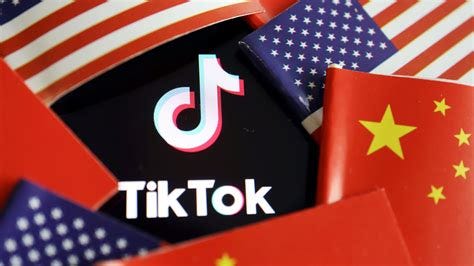TikTok has become a popular social media app among younger generations, but its parent company, ByteDance, owned by the Chinese Communist Party (CCP), has raised serious concerns about its users' privacy and personal identifying information (PII).
TikTok's data privacy practices have been under scrutiny for some time, with reports of the app spying on users and stealing their PII, including location data and browsing history. It is evident that such information can be used for malicious purposes, such as hacking, cyberattacks, and even blackmail.
It is unacceptable for any foreign government, let alone the CCP, to have access to American citizens' personal information without their knowledge and consent. This poses a significant threat to national security, and the US government should take measures to protect its citizens from potential harm
While federal and state governments have the responsibility to protect their citizens' privacy, their role should not extend to banning a particular app or software system. Such a move would set a dangerous precedent that could infringe on citizens' freedom and liberty.
Instead, governments should focus on protecting their sensitive information by banning TikTok from government offices, buildings, and secure areas. This will ensure that no classified information is leaked to potential adversaries.
Moreover, the US government should work with tech companies to develop and implement better data privacy policies that protect users' data while ensuring the continued use of innovative technologies
In conclusion, while TikTok may be a popular social media app, its parent company's ties to the CCP make it a significant security threat to US citizens' privacy and personal identifying information. However, banning the app entirely is not the solution, and governments should focus on protecting sensitive information and implementing better data privacy policies. Citizens' freedom and liberty should not be compromised in the process.







